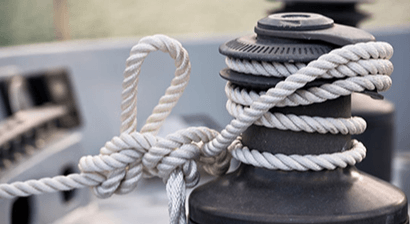Cape Town has recently started classifying unauthorised persons found on board ships as "stowaways" and not "tresspassers" warns Skuld
South Africa’s Port of Cape Town has recently started classifying unauthorised persons found on board ships as ”stowaways” and not ”trespassers,” which can have serious implications for shipowners, Skuld warns.
This procedural change, already in force at the Port of Durban, means that if a person is found and declared to be a stowaway, then the vessel will be held responsible for the cost and liabilities of the disembarkation and repatriation of that person. On average it can cost USD 17,000 to repatriate a person from South Africa back to Tanzania, where a lot of the people involved come from, according to Skuld.
A vessel would have to prove that the person involved actually came on board at a South African port in order to have them classified as a “trespasser”, in which case the vessel may not be held responsible for the follow on costs.
Skuld’s correspondents advise that the burden of proof can be very high in practice, as the authorities treat the stowaway’s own statements with a high degree of suspicion about their origin and board of the ship.
Given this development, Skuld believes that the best and perhaps only line of defence is the vessel’s gangway when at port in South Africa. That means strict control of all persons coming on board, with production of a valid access permit.
Where situations are chaotic and / or many persons are seeking access at the same time, the master of the vessel needs to prioritise the safety of the vessel and her crew, as well ensure ISPS compliance is adhered to in practice.





